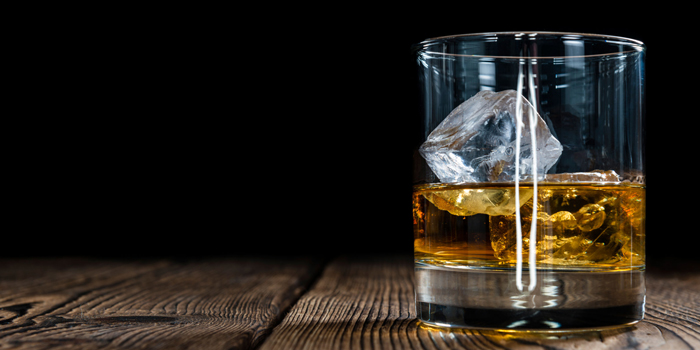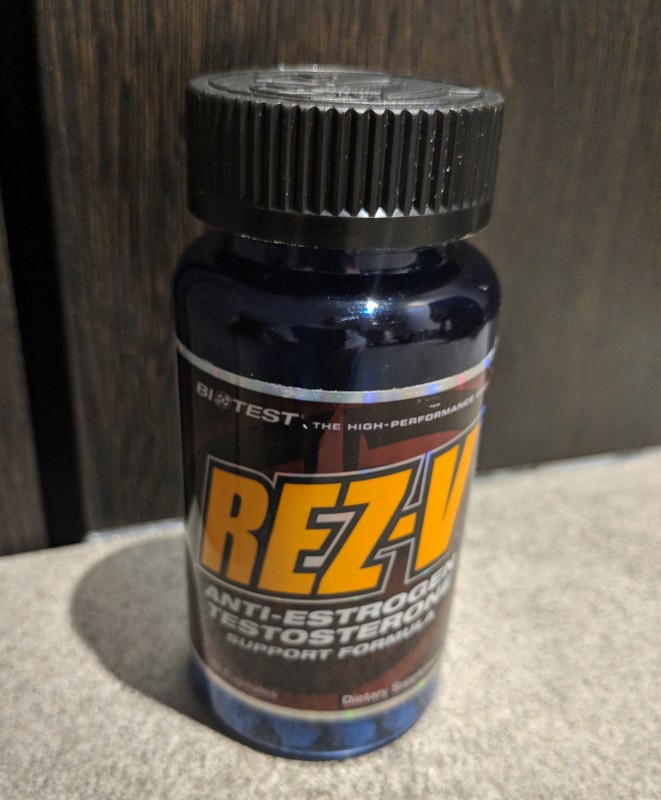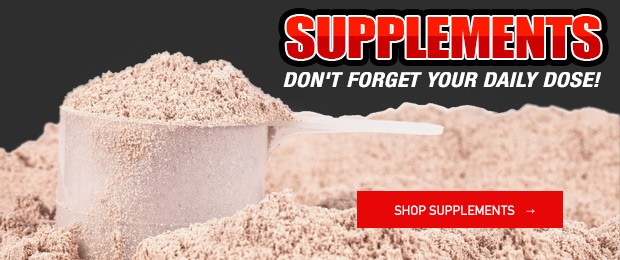
Just before entering high school I got drunk on summer break. Lacking wisdom on appropriate consumption and the pitfalls of mixing various forms of alcohol, the combination of gin, red sangria, and 40 ounces of beer shortly ended with me throwing up. Coincidentally, I began lifting weights with intentionality around the same age. So weekends I drank and weekdays I lifted. By the time I entered my first bodybuilding contest at 18, I decided one of my two endeavors had to end. Alcohol and lifting, at least for me, mixed like oil and water. Here are the reasons I can count on one hand the number of times I’ve been inebriated over the past 20 years.
Family History
My family tree is not void of alcoholism, particularly on my dad’s side. His parents struggled with excessive drinking, so the genetic predisposition certainly exists. By the grace of God that gene skipped me, but I’ve seen in other people's lives the devastation alcohol can cause. Abuse or not, alcohol is a neurotoxin and raises dopamine in the brain. Continual stimulation of alcohol-induced dopamine levels eventually blunts the effectiveness, requiring increased quantity and frequency.
Health Considerations
Building large, strong muscles through highly intense workouts occurs through the breakdown and repair of muscle tissue. This process places stress on your liver to clear toxins produced during this tear-down and build-up cycle. Health mattered to me even from a relatively young age. I embraced the idea that a healthy “inside” contributed to my goal of building a world-class “outside” bodybuilding physique. Regular blood work often revealed the stress placed on my liver, so alcohol consumption just didn’t make sense.
RECENT: 10,000 Hours and the Pursuit of Mastery
In the past I invested in regular glutathione intravenous injections to support liver health. Glutathione is an important antioxidant that reduces free radical damage and supports detoxification. I’ve since found supplements that support liver function well enough to avoid doctor visits for IV’s altogether, such as milk thistle, TUDCA, curcumin, and N-acetylcysteine (NAC). In fact, if taken in a minimum dose of 200 milligrams 30 minutes prior to drinking alcohol, NAC (a precursor to glutathione) reduces the toxic impact on your liver, particularly if combined with thiamine (B1).
Body Composition
One gram of protein or carbohydrate provides four calories, whereas fat contains nine calories per gram. Alcohol provides seven calories per gram, or 75% more calories per gram than protein and carbohydrates. All exhibit a thermic effect, meaning the amount of energy it takes for your body to digest and metabolize. The thermic effect of protein is roughly five times higher than carbs and fats. Alcohol falls into the carb and fat range for thermic effect and essentially provides empty, non-nutritive calories. The metabolic havoc of alcohol is similar to fructose, in which 100% goes to your liver. Overloading your liver with either can be extremely hepatotoxic. It’s no coincidence most beer drinkers carry their six-pack in their hand while a non-drinking bodybuilder carries a six-pack on their torso.
Another way to look at regular alcohol consumption from a caloric standpoint is on an annual basis. Red wine (120 calories), beer (155 calories) and gin and tonic (200 calories), if averaged and based on a single drink per day, equating to 57,791 calories in a year. Assuming your alcoholic beverage of choice falls into the category of surplus calories, your drinking will add 16.5 pounds of fat to your physique per year.
Resveratrol Argument
I often hear people tout the health benefits of red wine due to the antioxidant content of resveratrol. Resveratrol is found in high concentrations in the skin of red grapes and is more readily absorbed by the body when consumed in conjunction with alcohol. Elevated estrogen in the body, via environmental factors or otherwise, have been linked to various forms of cancer. Resveratrol provides protection by keeping estrogen in check, combating environmental sources, promoting blood vessel health, and exhibiting a protective effect on the prostate and liver. Okay, so I take supplemental resveratrol called Rez-V by Biotest and will pass on the red wine. A significant body of evidence suggests alcohol consumption, regardless of the amount, is linked to cancer.
Cancer Link
A 2016 article showed a causational relationship between mild alcohol consumption and the risk of various forms cancer, including mouth, liver, colon, and (in women) breast. The American Cancer Society also warns that even a few drinks each week can increase the risk of breast cancer for women, particularly those with low folate levels. Other research links the recurrence of breast cancer with alcohol intake. Why? Because of the role excess estrogen plays in cancer formation and the hormonal impact of alcohol consumption.
Hormone Impact
Excess estrogen increases both cancer risk and negatively impacts body composition. Estrogen metabolism occurs in the liver and alcohol competes for this metabolic capacity. Furthermore, alcohol increases aromatase, otherwise known as the conversion of testosterone to estrogen. I don’t need to expound upon the benefits of testosterone on the muscular and skeletal systems. Environmental toxins called xenoestrogen (chemical) and phytoestrogen (food) contribute to our natural estrogen today more so than in previous generations. If you want to keep it in check you’ll need as much liver capacity as possible. A healthy, optimally functioning liver lends itself to proper hormone levels. Proper hormone levels contribute to improved energy levels and favorable body composition.
Choices
Life is a series of choices, each attached to certain costs and benefits. Bodybuilding heavily influenced my decision to refrain from drinking alcohol over the years because it didn’t contribute to my goals. Alcohol didn’t add muscle mass or minimize body fat, and it hindered my performance in the gym. Cutting it out via a long-range bodybuilding lens was a no-brainer. The benefit of catching a buzz proved too costly. I don’t need a tumbler of liquor to relax. My stress relief and endorphin fix comes from pushing iron.
Header image credit: handmadepictures © 123RF.com












I confess I've not done the research on pricing, but like the quality of Biotest. There's almost always an alternative to any supplement, but sometimes cheaper is more more expensive in terms of efficacy.
All the best,
Mark
True, a close second. Thanks for pointing that out.
All the best,
Mark
Glad to hear you gave up smoking. One more step with the alcohol and you're on the path to improved health and performance.
All the best,
Mark
Great Article. I am a former competitor and fan of yours since you won the USA's. I have worked in the Addiction field for over ten years. Though we know that there is a gene that does exist from alcoholism there is more evidence that underlying issues are the cause 87% of the time. We are talking about Trauma, Depression, PTSD, Anxiety etc.. People will drink or use drugs to numb themselves and not have to deal with those issues. There will come a time when they want to stop and cannot usually because wo withdrawal.
However with Lent around the corner (the discipline is great regardless of faith, or lack thereof) I am giving up alcohol for the 46 days. My 28th birthday will be my first sober one as an adult.
I like a glass of wine and will never be teetotal but the benefits of anything more than 1-2 drinks are zero at this stage in my life.